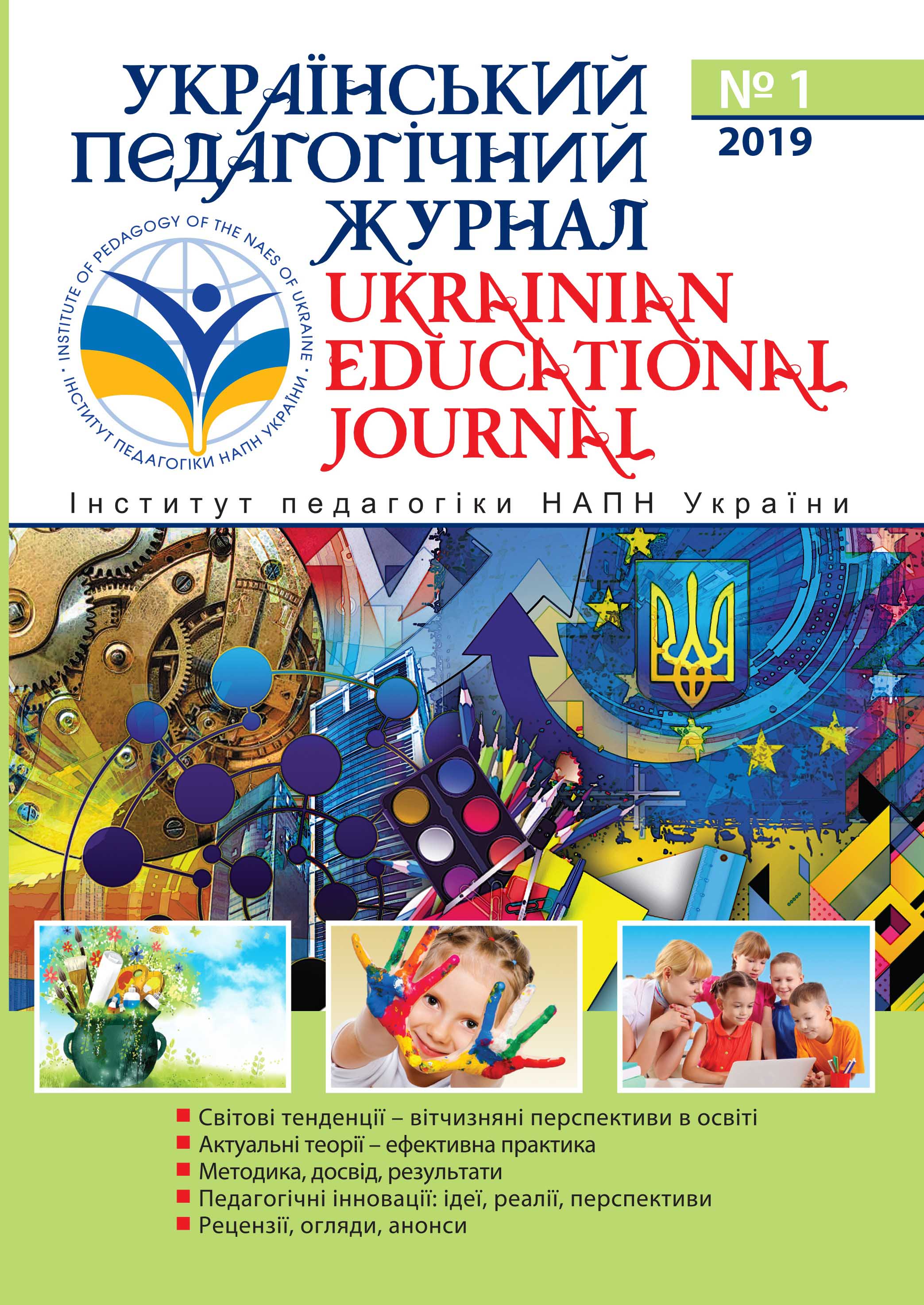Abstract
The article presents the European experience of introducing independent external evaluation at the level of basic secondary education and outlines the perspectives for its application in Ukraine. In particular, using the example of the educational system in Ireland, the procedure for organizing and conducting the independent external evaluation (state examinations) after the completion of institutions of basic secondary education (junior cycle of secondary school) was highlighted. The purpose of these exams, the procedure of selecting by education seekers (pupil, graduate) of educational subjects was presented. It is emphasized that by passing the independent external evaluation (state examinations) for the completion of the junior cycle of secondary school (Junior Certificate), the compulsory education in Ireland for applicants aged 14-15 is completed. Studying at the next level of education is optional, and, having received Junior Certificate, Irish people may go to work. It was found out that for obtaining Junior Certificate, the education seekers pass the exams from 8 to 9 subjects. While, the examinations in English, as well in the state (Irish (Gaeilge)) languages and mathematics are compulsory but exams from other subjects – at the choice of the applicant. Among the list of subjects to choose from are the modern foreign languages (French, German, Spanish or Italian), geography, history, music, science (physics, chemistry, biology); visual art; home economics; materials technology (wood); metalwork; technical graphics; Latin and Ancient Greek; Jewish studies etc. An exam for each subject the education seekers may pass at an ordinary (standard) or higher level. The examinations in geography and science for the Junior Certificate were described. In particular, their forms were presented, the forms of test tasks containing the tests for the ordinary (standard) and higher level (2018) were described, and the analysis of the test tasks was performed. It is found that the tests contain closed and open test tasks. Open tasks are represented not only by the tasks of writing down of a word in each statement (sentence), but also by the tasks with a long answer, where the education seeker must describe or explain some phenomenon or process. The tasks require from education seekers to demonstrate the ability to apply their knowledge, skills and abilities in new and changed situations, the ability to analyze and explain, and so on. The practiceoriented direction of tasks shows that education seekers meet geographic, biological, chemical, physical and other objects, phenomena and processes in everyday life. It was revealed that the prospects of independent external evaluation at the level of basic secondary education in Ukraine in the vector of European experience are: 1) introduction of the state final examination in the form of independent external evaluation. Moreover, its goal is not only to assess the level of educational achievements of education seekers, but also to help them with the choice of direction (specialization) at the next level of education; 2) introduction of open test tasks (together with closed ones) in tests on various subjects; 3) introduction of practical-oriented tasks in the tests

This work is licensed under a Creative Commons Attribution-NonCommercial-ShareAlike 4.0 International License.

